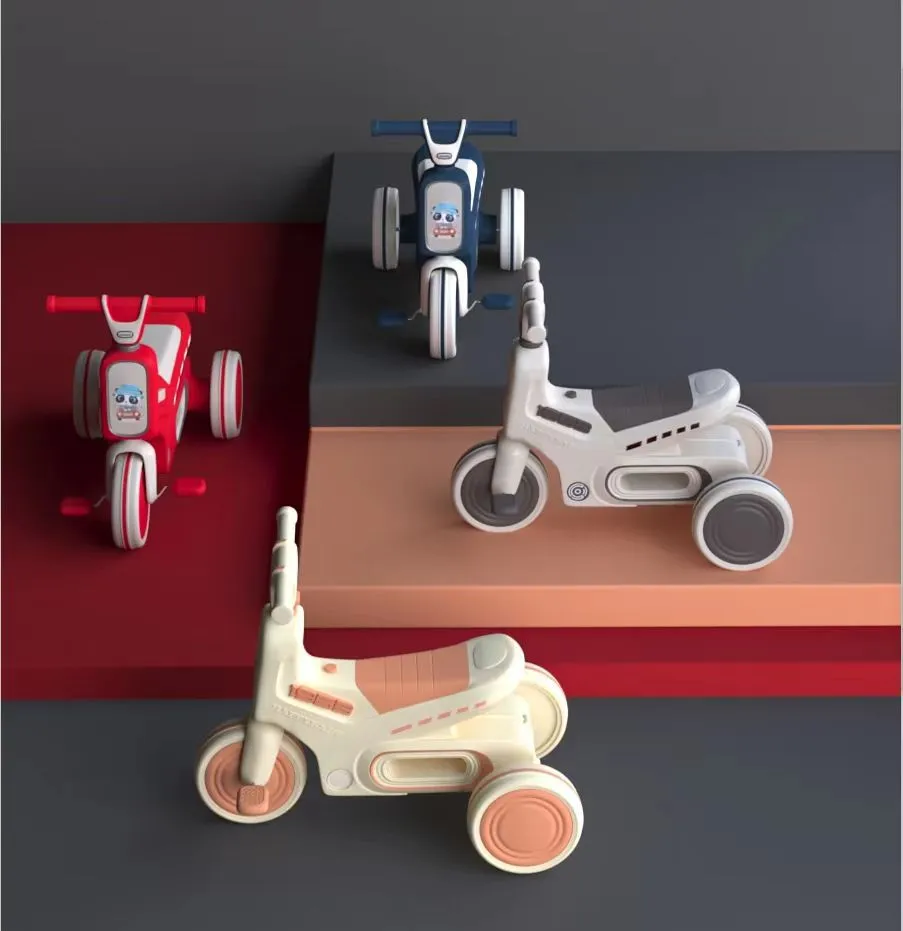Balancing Fun and Safety with Bikes for Children to Enjoy outdoor Adventures
Balancing the Scales The Importance of Bikes for Kids
In a world increasingly dominated by technology, the charm of a simple bicycle remains unmatched. Balancing activities—both physical and mental—has become paramount for kids, and bicycles play a pivotal role in achieving this harmony. As we delve into the balance of bikes and children, it is crucial to understand the multifaceted benefits of cycling, how it influences physical health, mental well-being, and social connectivity.
Physical Health
Biking stands out as a holistic approach to physical fitness for children. Riding a bicycle is not just an enjoyable pastime; it serves as a comprehensive workout, engaging multiple muscle groups. Kids naturally want to explore their surroundings, and what better way to do so than on two wheels? Cycling helps to develop strength, coordination, and balance, which are essential attributes during the formative years. As children pedal against the wind, their cardiovascular health improves, enhancing their stamina and overall fitness.
Moreover, the prevalence of sedentary lifestyles among children today is alarming. The American Heart Association has indicated that only a small percentage of kids meet the recommended level of physical activity. Introducing biking as a regular activity can combat these trends. It encourages children to abandon their screens for outdoor adventures, providing a fun and exciting way to stay active. In addition, cycling can help combat obesity—an increasing concern in the modern age—by burning calories and promoting a healthy lifestyle.
Mental Well-Being
The mental health benefits of biking are just as significant as the physical ones. For many kids, the freedom of riding a bike fosters a sense of independence and accomplishment. Mastering balance and control on a bicycle boosts their self-esteem, empowering them to tackle new challenges in life. Cycling also provides an excellent way to release pent-up energy and stress, offering children a chance to unwind and connect with nature.
Studies have shown that outdoor activities can improve mood and reduce symptoms of anxiety and depression. Cycling encourages mindfulness, as children must focus on their surroundings and navigate their routes. This mental engagement serves as a refreshing break from the overstimulation caused by digital devices. Moreover, the joy of cycling often leads to shared experiences with friends and family, fostering stronger relationships and creating lasting memories that contribute to emotional stability.
balance bikes kids

Social Connectivity
Biking is inherently social. Riding can become a social event, whether it's a family excursion, a neighborhood group ride, or a team sport such as BMX racing. When children bike together, they develop teamwork skills and learn to communicate effectively. These interactions help nurture friendships, teaching them the value of cooperation and mutual support.
Moreover, cycling can promote community engagement. Local biking clubs often organize events and races, bringing together families and children from diverse backgrounds. By participating in these activities, kids not only learn about their environment but also about the importance of camaraderie, sportsmanship, and community spirit. They learn to appreciate different perspectives as they interact with peers who share a common interest.
Safety and Responsibility
As with any physical activity, safety is paramount. Teaching children about bike safety, including wearing helmets, obeying traffic signals, and understanding road rules, instills a sense of responsibility. They learn the importance of looking out for themselves and others, fostering an early sense of accountability. This balance of freedom and responsibility equips them with valuable life skills as they grow older.
Conclusion
In conclusion, the theme of “balance” reflects the myriad ways biking can enhance the lives of children. From promoting physical health to nurturing mental well-being and social skills, bicycles embody the essence of a balanced lifestyle. As society progresses, encouraging kids to embrace cycling can pave the way for healthier, happier generations. So, let’s champion the cause of bikes for kids, providing them with the tools to ride into a future where balance prevails in every aspect of their lives. With every pedal stroke, they are not just riding—they are discovering the art of balance that life demands.
-
The Perfect Baby TricycleNewsAug.11,2025
-
Ride into Fun with Bikes for KidsNewsAug.11,2025
-
Ride into Adventure with the Perfect Kids Balance BikeNewsAug.11,2025
-
Fun and Safe Riding with the Best Childrens ScootersNewsAug.11,2025
-
Find the Perfect Childrens Bike for Your Little OneNewsAug.11,2025
-
Explore the Best Baby Tricycles for Your Little OneNewsAug.11,2025
-
Three-Wheel Light-Up Scooter Benefits for KidsNewsJul.11,2025








